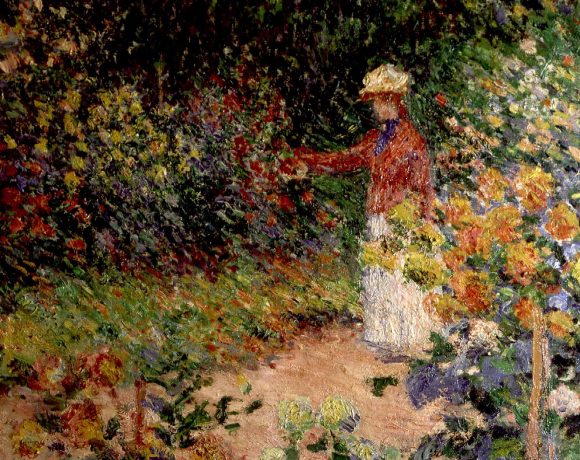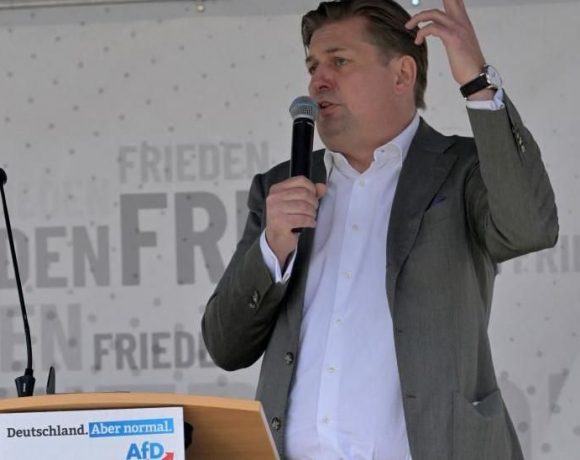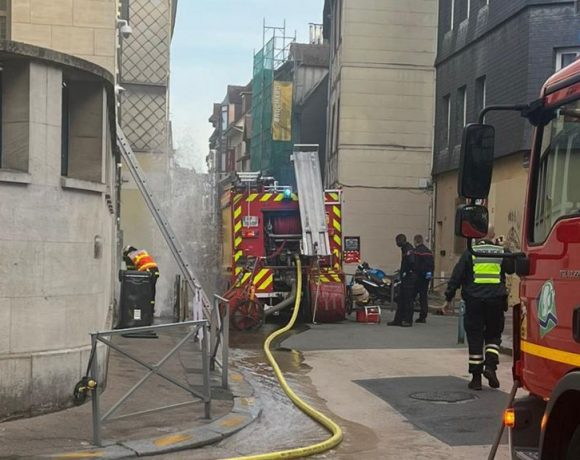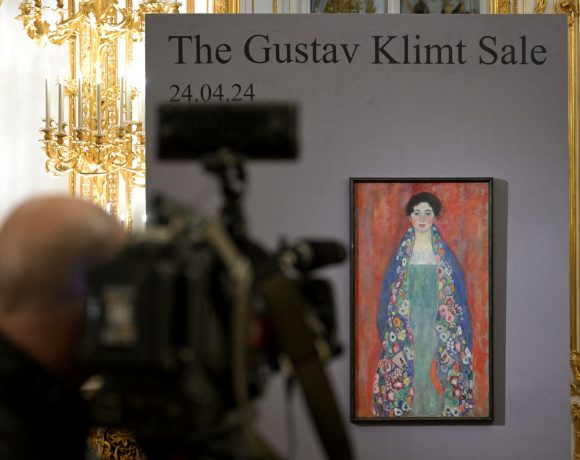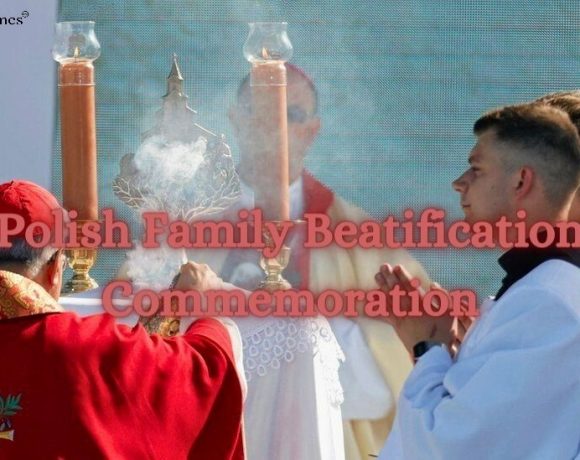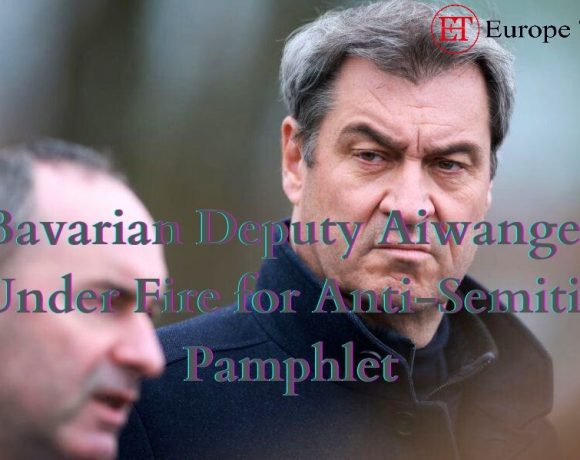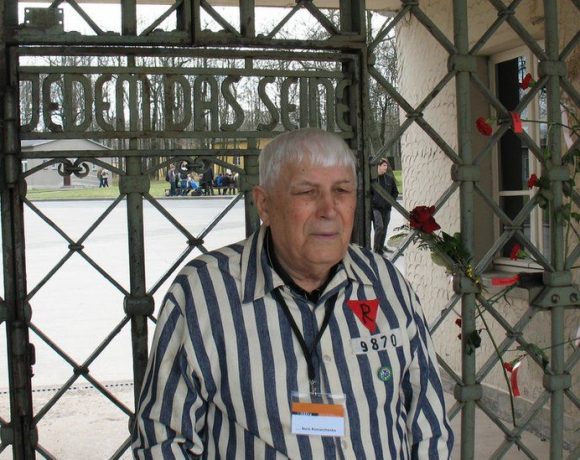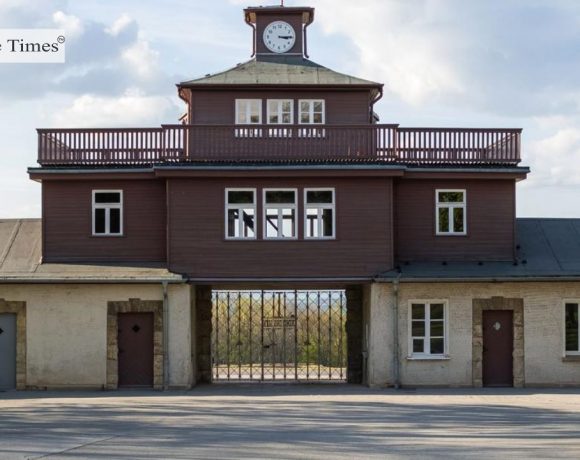
A controversial auction in Germany featuring more than 600 artefacts from Nazi concentration camps has been cancelled following intense backlash from Holocaust survivors, politicians and the public. Polish Deputy Prime Minister Radoslaw Sikorski confirmed the decision on Sunday, thanking his German counterpart Johann Wadephul for stepping in and insisting that “such a scandal must be prevented”. Items reportedly included a prisoner’s letter from Auschwitz and documents related to forced sterilisation at Dachau.
The planned sale by auction house Auktionshaus Felzmann had prompted strong condemnation, with critics arguing that these items were not suitable for private collections and should instead be preserved in museums or memorial institutions. Christoph Heubner of the International Auschwitz Committee said the sale was “cynical and shameless”, deeply hurting survivors and families of victims. Germany’s State Minister for Culture echoed the concerns, stating that such documents must remain out of private hands.
Poland’s culture ministry has now launched a probe into how these artefacts surfaced and whether any should be repatriated. Many of the items were believed to originate from Auschwitz and Buchenwald, two of the most infamous Nazi concentration camps where millions of Jews, Poles, Roma and Soviet prisoners lost their lives. Advocates insist that the objects belong to victims’ families or public remembrance spaces, not commercial auctions.
Pic Courtesy: google/ images are subject to copyright

